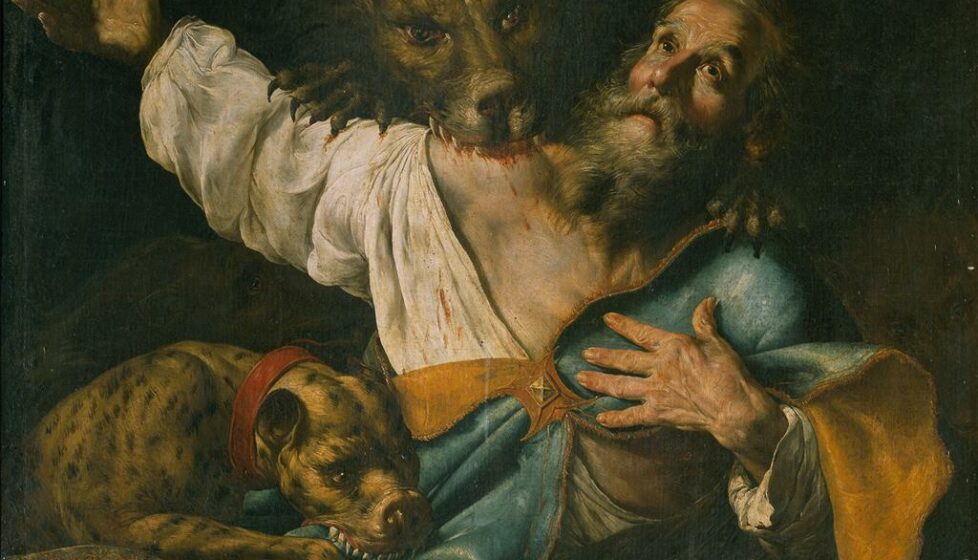Stories of Christian Martyrs: Samuel Masih
Pakistan

“The blasphemy law in its present form has become more of an
instrument of persecution and vendetta than of justice,” a Pakistani newspaper editorial stated. Blasphemy means showing
extreme irreverence toward something sacred, and for centuries Christians have been accused of blaspheming Islam. Often in Pakistan, contrived witnesses with false accusations have spoken out against believers, sending them to jail and even to death. Such was the case with Samuel Masih, whose body was found bloodied and battered, his skull smashed.
Masih spent his days as a whitewasher and painter. He had just
finished a job and stopped at the local mosque in order to use the restroom. As he returned outside, bystanders grabbed him and shouted
accusations. Masih’s accusers, knowing he was a Christian, claimed that
he had spit on the walls of the mosque; two false witnesses confirmed
this story. Samuel was immediately arrested and put on trial.
Under the maximum penalty for violating Section 295 of the Pakistani penal code, Masih could have been jailed for two years and fined,
if convicted of “defiling a place of worship with the intent of insulting
the religion (Islam).”

The pungent odor of urine and sweat filled the dirty prison. The
sounds of coughing and scuffling feet echoed along the walls. Just down
the hall lay Masih, struggling to breathe and continuously coughing up
blood. Although the head of the prison deeply resented his Christian
prisoner, he sent Masih to the hospital to treat his advanced
tuberculosis.
During his stay, a policeman was posted near his bed. When Masih
should have been safely recovering, a horrible crime occurred. Early one morning, the police constable entered the room and swung
a hammer down on Masih’s head. Bleeding profusely from his wounds,
Masih fell into a coma and was rushed to the emergency neurosurgery ward, where he died a few days later. The Pakistani police constable who
took his life claimed, “I wanted to earn a place in paradise by killing
him.”
“This is a case that brings out, like nothing else, the myriad contradictions that these [blasphemy] laws have infused in this state and society,” a Daily Times newspaper editorial stated the day after Masih’s death. “The fact is that it is a bad law both in its conception and its implementation, and the legislation has created a psyche that encourages vigilante behavior.”
Samuel Masih was arrested for a crime he never committed. His only
crime was following the call of the one true Savior, Jesus Christ. Masih’s
murderer thought killing him would earn him a place in paradise. Samuel
Masih, however, knew the one true way to get to Heaven, through Jesus
Christ, and he is now with his Savior.
This story is an excerpt from Foxe: Voices of the Martyrs. You can get your own copy free with any donation to The Voice of the Martyrs.



 Guide
Guide